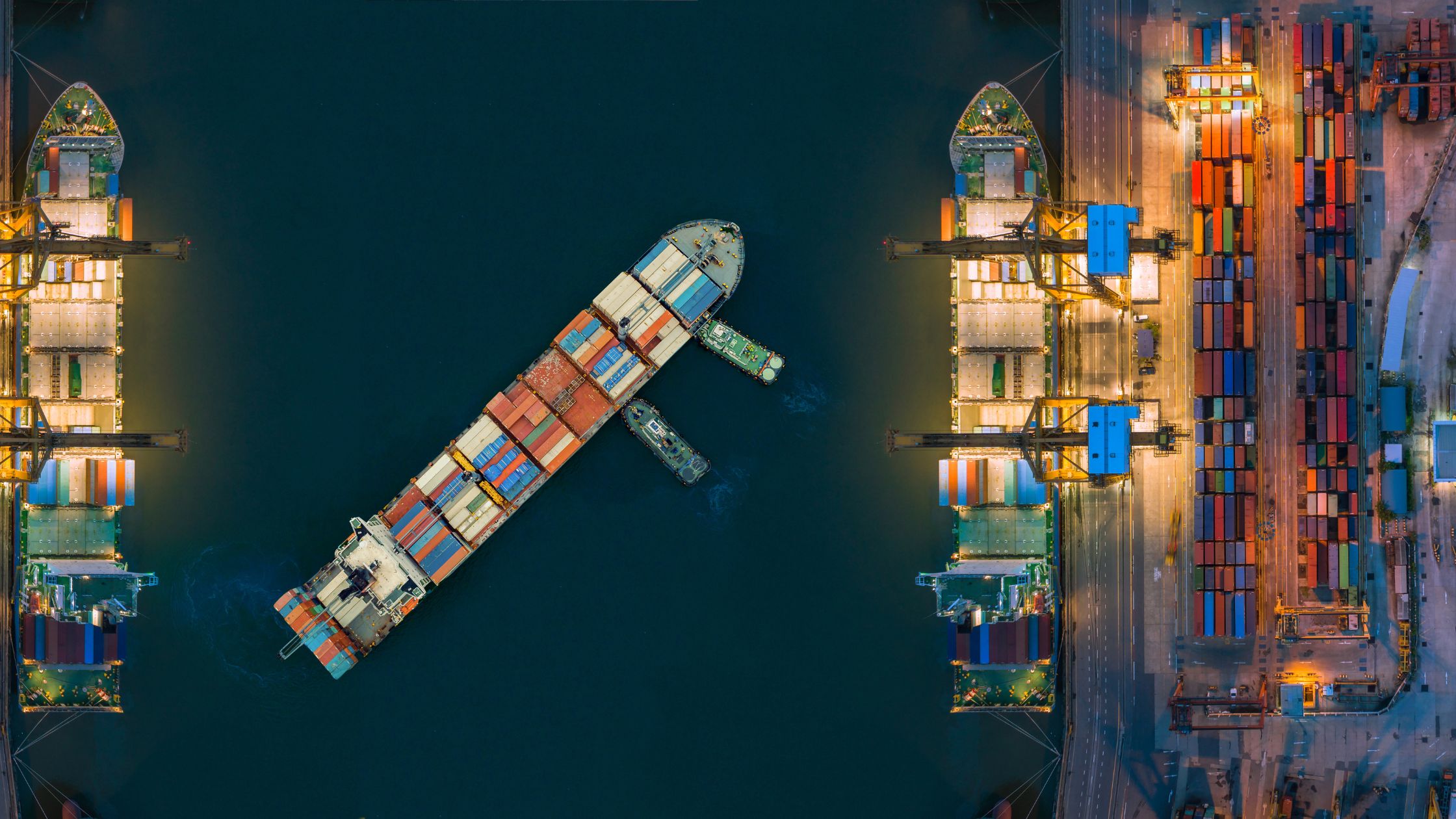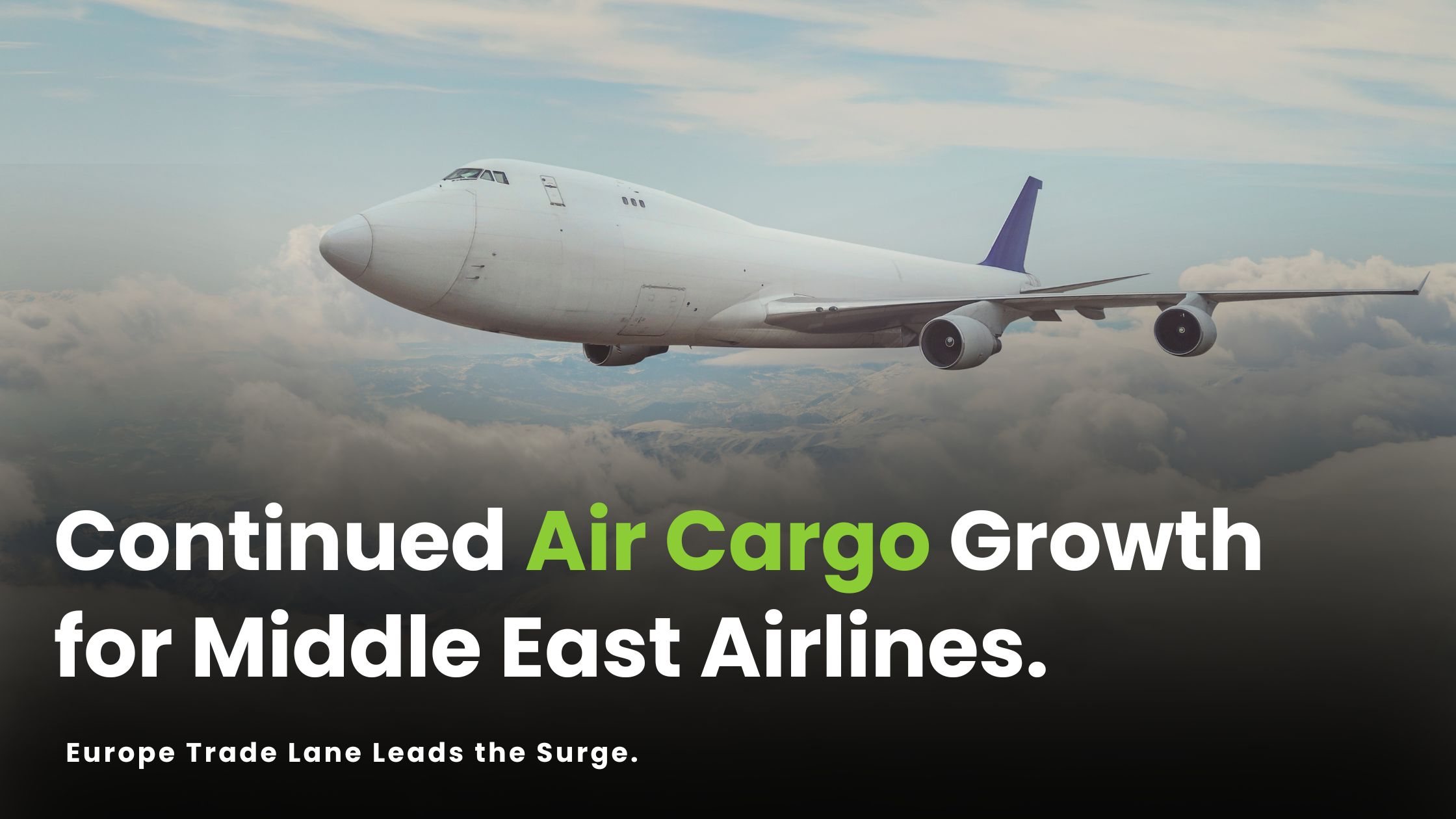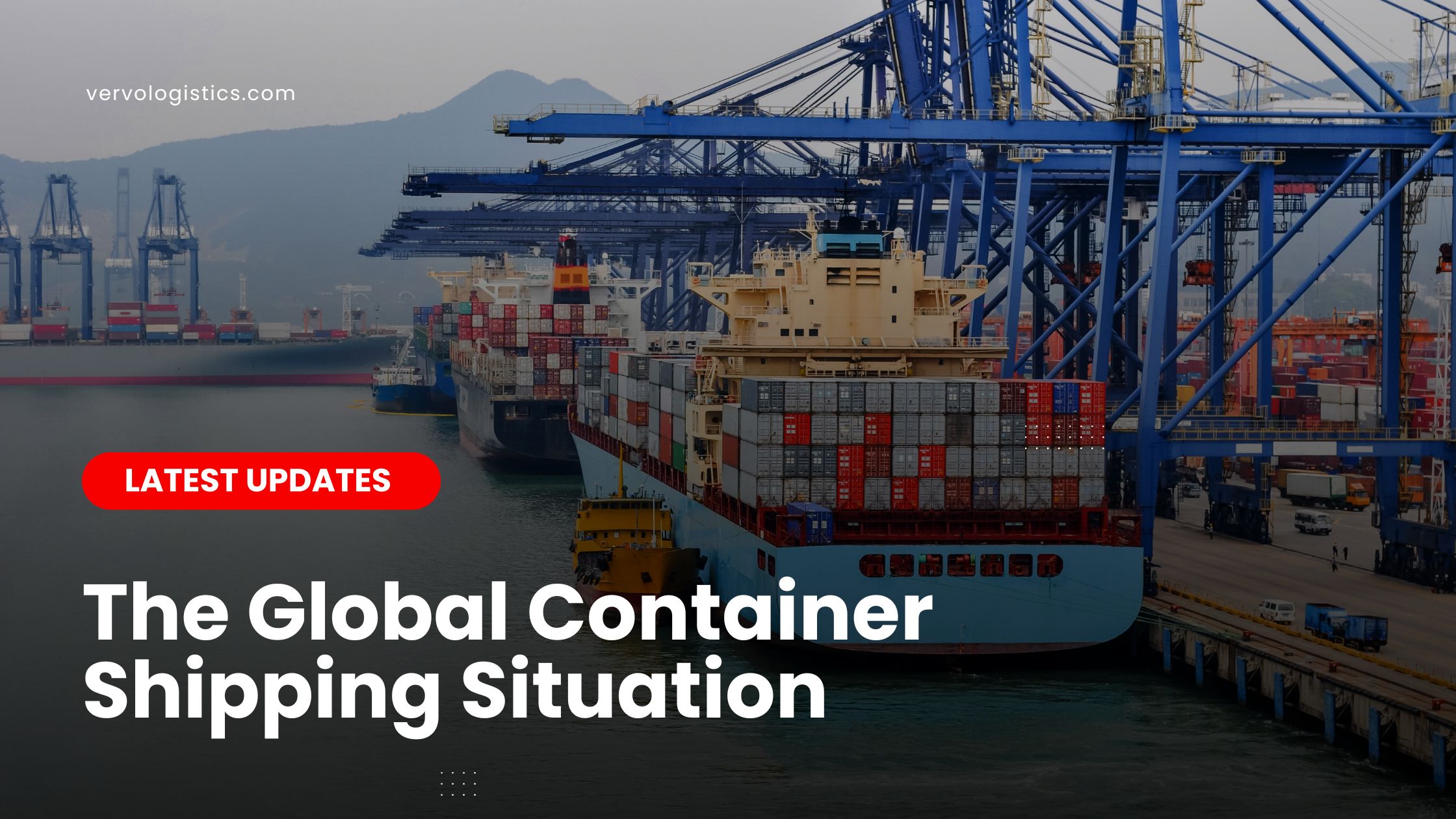Despite challenges, 2023 is set to be a year of significant shifts and unique opportunities, driven by three powerful trends: the rise of non-oil exports, Saudi Arabia's strong emergence as a regional hub, and the surge in Free Trade Agreements (FTAs). What are the implications of these trends? Let’s see!
1. Saudi Arabia: A Strong Global Logistics Hub
Saudi Arabia is making significant strides toward becoming a key player in the global logistics market, underpinned by a strategic location and robust governmental support. The Kingdom's ambition to transform into a global logistics hub was emphasized at the 5th Supply Chain and Logistics Conference in Riyadh, organized under the theme "Towards a sustainable supply chain to boost the circular economy." The conference bore witness to the signing of 52 agreements aimed at bolstering supply chains and logistics operations, underscoring the country's proactive approach to industry development.
Furthermore, the “Logisti” platform was launched under the National Industrial Development and Logistics Program (NIDLP), offering crucial commercial activities through land, sea, and rail transport sectors. The National Transport and Logistics Strategy, spearheaded by Crown Prince Mohammed bin Salman, has already catalyzed remarkable progress, with Saudi Arabia leaping 17 spots to 38th in the World Bank's Logistics Performance Index in 2023.
The Kingdom's commitment to logistics excellence is further demonstrated by the launch of the Master Plan for Logistics Centers, aiming to form 59 centers across the nation, and the establishment of 12 logistics parks with investments approximating $1.11 billion. This ambitious drive, complemented by substantial growth in rail and air transport sectors, positions Saudi Arabia as a rising star in the Middle Eastern logistics market, reinforcing its potential to become a regional hub.
2. GCC Countries Rank High in Global Non-Oil Exports
The Gulf Cooperation Council (GCC) countries, Saudi Arabia, the United Arab Emirates (UAE), and Qatar are demonstrating a promising trend of becoming top non-oil exporters on the global stage. They seem to be escaping the global economic slowdown. Part of this ‘escape’ is due to the stability of the oil sector in those countries. However, it is obvious that their economies benefited from the diversification! Here is a summary of what we found:
- Kingdom of Saudi Arabia (KSA): Ranking 20th in global exports with a total export value of $442,349, Saudi Arabia is making significant strides in non-oil exports. The country's GDP per capita is above the global average, and its total GDP ranks 18th in the world. The 'Made in Saudi' program is a notable initiative to expand Saudi Arabia's global market reach and support non-oil economic growth.
- United Arab Emirates (UAE): The UAE has set an ambitious target to increase non-oil exports to AED 800 billion ($217 billion) from current levels under the 'We the UAE 2031' Vision. The country's industrial strategy, 'Operation 300 billion', also aims to more than double the industrial sector's contribution to the GDP by 2031, indicating a strong focus on non-oil exports. We can see now the UAE is among the top 10 food exporters globally. With an annual volume of 24.2 million tons and a value of $6.4 million in food exports.
- Qatar: As part of its economic diversification efforts, Qatar is currently developing its third National Development Strategy, which will likely include a significant emphasis on boosting non-oil exports. According to the most recent export data from the World Bank and the WTO, we can observe that Qatar started to rank in the list of top exporters worldwide. Additionally, continued momentum into 2023, as evidenced by a March PMI of 53.8 (above the long-run trend of 52.2), indicates sustained economic activity and possibly increased export potential.
3. More Free Trade Agreements
The Gulf Cooperation Council (GCC) has been witnessing a surge in Free Trade Agreements (FTAs) recently with various nations worldwide. This trend is a strategic shift in the GCC's economic diplomacy, maximizing opportunities for trade liberalization and gaining access to new markets.
The United Arab Emirates is at the forefront of this trend. The UAE already signed FTAs within the GCC framework with New Zealand, Singapore, and countries belonging to the European Free Trade Association (EFTA). Also, India and South Korea. These agreements unlock new avenues for trade and economic cooperation, and consequently the logistics industry!
The list of the GCC's FTA partners is expanding and includes powerful economies like the European Union, the Mercosur bloc, Australia, China, and India, among others. These agreements promise to streamline trade, reduce tariffs, and eliminate trade barriers, creating a more conducive environment for international business.
The list of the GCC's current and potential FTA partners is expanding and includes powerful economies across various regions. Those include:
- European Union (EU)
- Mercosur (a South American bloc including Brazil, Argentina, Paraguay, and Uruguay)
- Australia
- China
- India
- Pakistan
- Turkey
Korea - Japan
- Singapore
- European Free Trade Association (EFTA)
- New Zealand
These agreements promise to reduce tariffs, streamline trade, and eliminate trade barriers, thereby fostering an environment conducive to international business. As a result, local traders, manufacturers, and logistics providers in the UAE and the wider Gulf region stand to benefit considerably from these expanding trade relations.
Implications: Why should we care?
These three trends—the increase in non-oil exports, the rise of Saudi Arabia as a regional hub, and the surge in Free Trade Agreements (FTAs)—have significant implications for local traders or manufacturers in the Gulf region. Here's why:
- The increase in non-oil exports opens up new opportunities for local traders and manufacturers in sectors outside of the traditional oil and gas industry.
- Saudi Arabia's emergence as a regional hub, akin to the UAE, will lead to further increased intra-regional trade as the KSA invests more in infrastructure, logistics, and business-friendly policies.
- The surge in FTAs opens up new international markets for local traders and manufacturers. With reduced tariffs and trade barriers, local businesses can be more competitive in the global markets, and trade opportunities increase.
Those trends collectively represent a dynamic and evolving trade environment in the Gulf region. Local traders and manufacturers who understand and adapt to these trends can find new opportunities for growth, diversification, and increased competitiveness in both regional and global markets.
Vervo Middle East — Making Trade Easier!
Vervo Middle East has established a strong presence in the region and the United Arab Emirates by offering tailored logistics services that facilitate trade and supply chain operations within the region and globally to, from, and across over 120 countries.
Our seamless logistics solutions for export and import partners include:
- Warehousing and Distribution
- Specialized Deliveries and Handling
- Supply Chain Management and Operation
- Cargo Tracking and Condition Monitoring in Real-Time
- Comprehensive Cargo Insurance and Customs Clearance
Your shipment with Vervo Middle East is delivered by air, sea, land, and rail. Particularly, we specialize in multimodal solutions to optimize the shipping process in a way that is cost-efficient by combining different shipping methods and at the same time maintaining your shipping quality through optimized route planning and risk management analysis for each shipment.
Our teams pay individual attention to every cargo we receive! You can ship from perishables, temperature-controlled cargo, cars and vehicles, heavy lift items, dangerous goods (ADR), pharmaceuticals to even small parcels, and more. All are handled with precision and delivered conveniently, timely, and cost-effectively.
Receive Your Free Customized Shipping Quote In 60 Minutes Today!



 by vervo middle east for shipping and logisitcs services in the uae and ksa shipping company logistics solutions cargo services.jpg)
